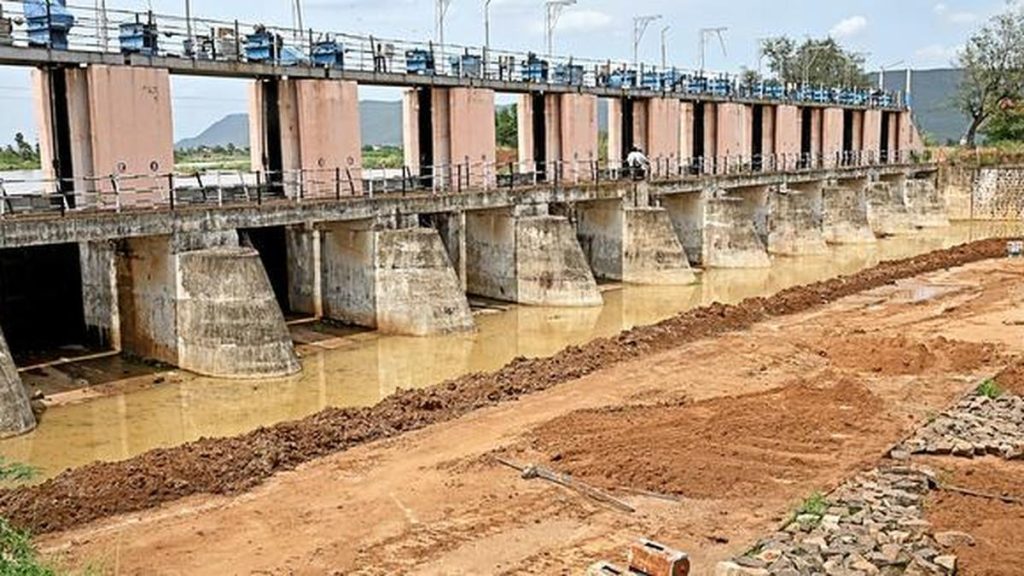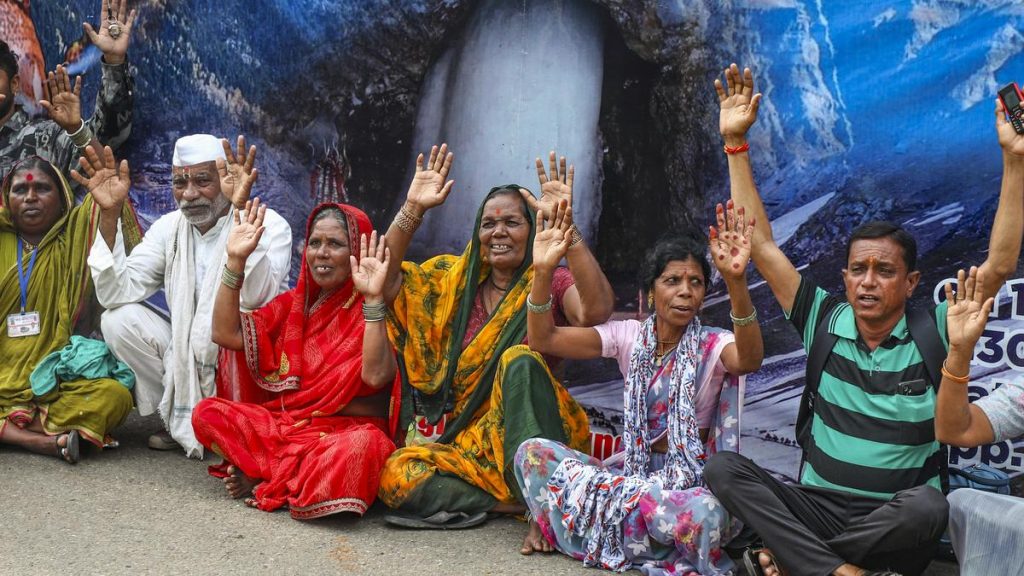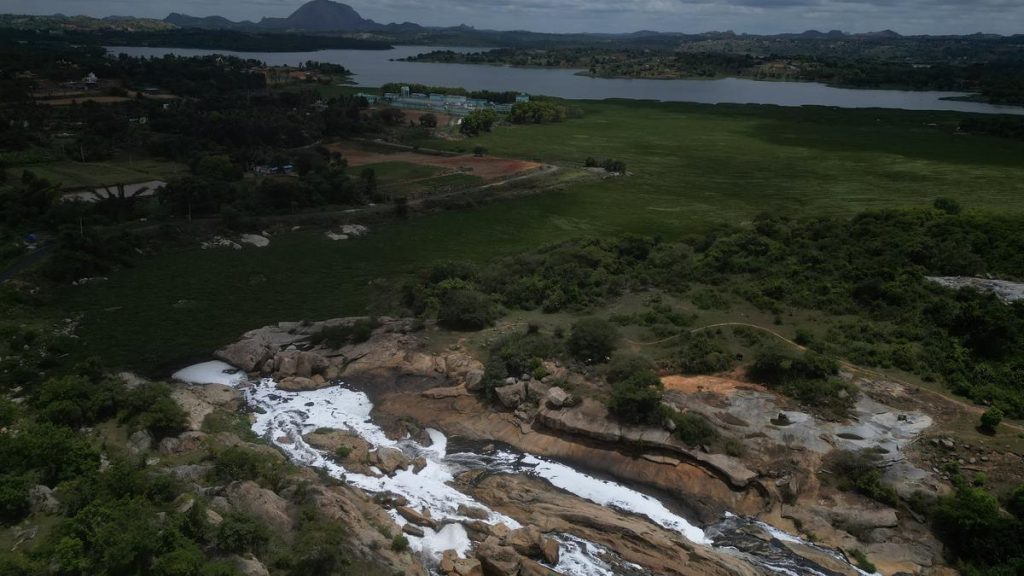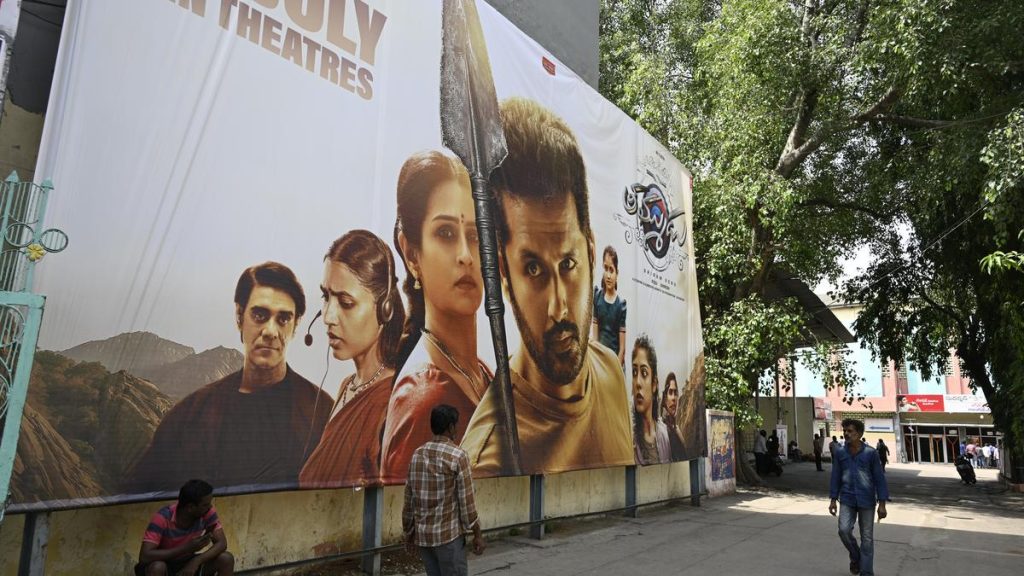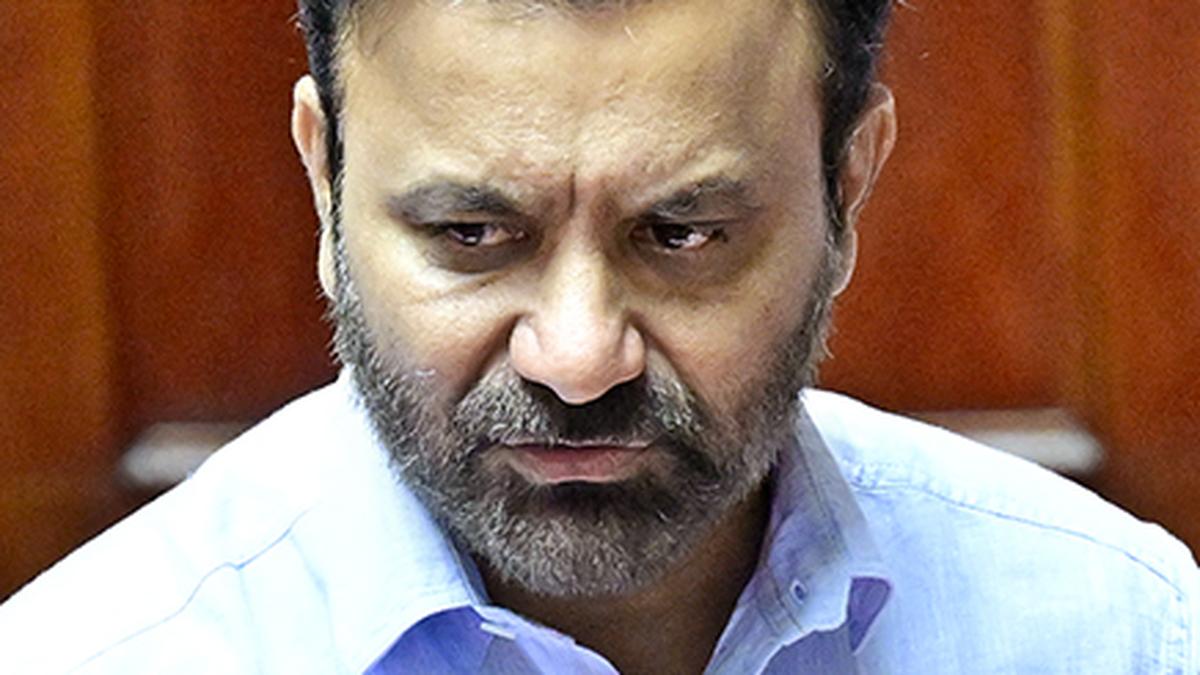Now Reading: Floodwater Clearance Not a Criterion for Project Approvals: Former MoJS Advisor
-
01
Floodwater Clearance Not a Criterion for Project Approvals: Former MoJS Advisor
Floodwater Clearance Not a Criterion for Project Approvals: Former MoJS Advisor
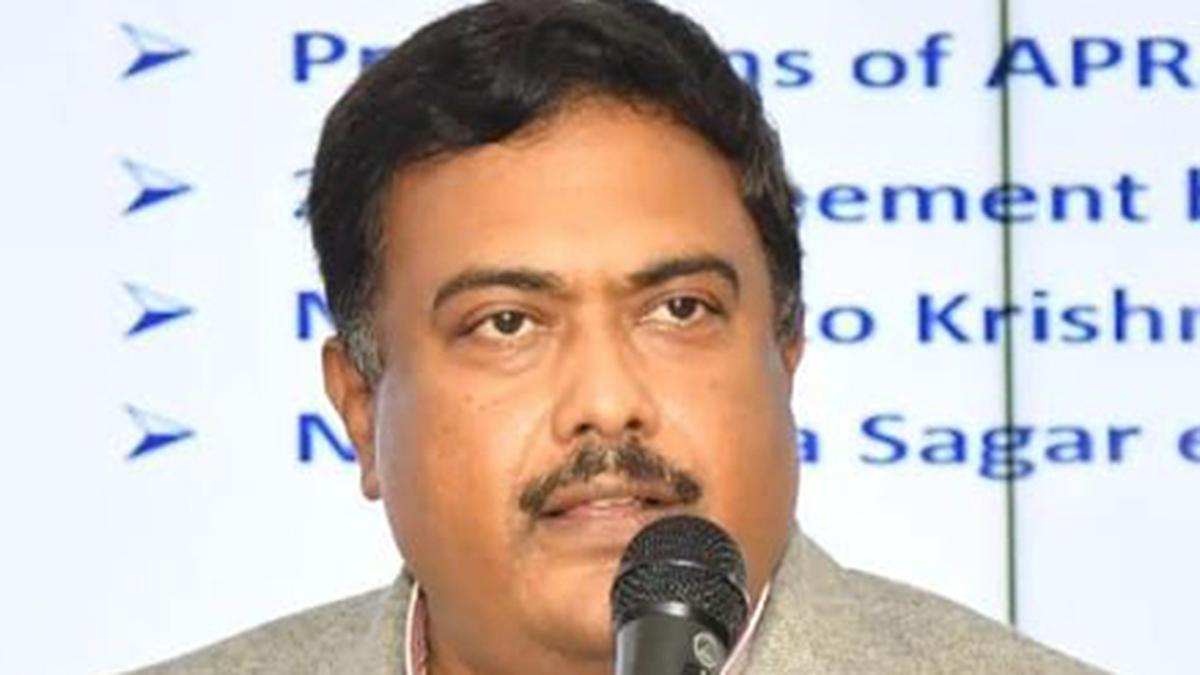
Quick Summary:
- location: Hyderabad.
- Sriram Vedire, former Advisor to the Ministry of Jal Shakti and ex-Chairman of the Task Force on Interlinking of Rivers, addressed river water issues and shared insights into “Godavari Waters: Facts and Figures – A Way Forward for Telugu States.”
- Vedire dismissed the concept of “floodwaters” as imaginary since irrigation project approvals do not consider such terminology.
- He explained that surplus water refers to a State saving part of its allocated share at 75% dependability.
- The Godavari Water Disputes Tribunal categorized basin waters into assured,remaining,and average flows-assessed at 3,396.9 tmc ft (assured), 4,535.1 tmc ft (average), and an additional flow above dependability at 1,138.2 tmc ft.
- Water flowing downstream to the sea over decades was attributed largely to non-utilization by upstream states like Chhattisgarh, Telangana (~400 tmc ft each), Maharashtra, Madhya Pradesh, Odisha-partly due to limited storage or operational constraints.
- On Andhra Pradesh’s Polavaram-Banakacherla Link Project proposal that seeks utilization based on “floodwaters,” vedire warned it coudl trigger disputes among basin States if all pursued similar projects.
Indian Opinion Analysis:
The discourse around Godavari basin waters underscores critical challenges in India’s inter-state water-sharing framework-a longstanding issue intensified by competing demands among basin States like Andhra Pradesh and Telangana. Sriram Vedire’s dismissal of floodwater utilization raises crucial procedural questions about water allocation protocols that may prevent arbitrary interpretations fueling contention.His caution regarding A.P.’s proposed Polavaram-Banakacherla Link Project highlights larger regional implications; allowing such precedence could strain already fragile cooperative efforts among co-basin states.
Key takeaway revolves around storage infrastructure improvements-suggested as necessary for optimized use-to prevent future stalemates in utilizing available resources like surplus flows above dependence levels. Balanced deliberations rooted firmly in tribunal-based assessments seem vital here for equitable resolution rather than unilateral state-lead pursuits potentially creating cascading disputes across India’s river network.
Link for read more: Source from The Hindu.


